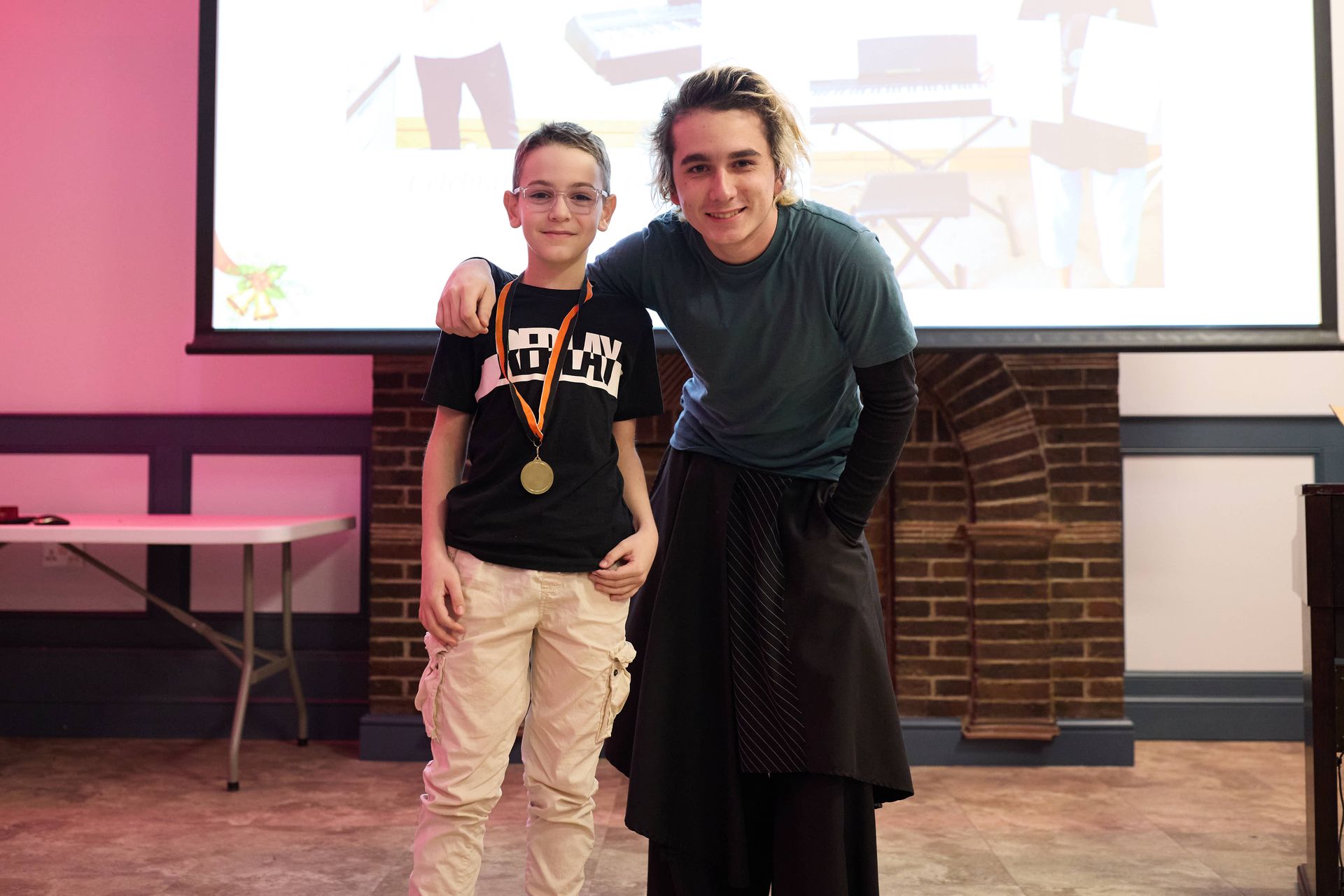The Future of Piano Lessons and Music Education
At Key Sounds UK, we take pride in our comprehensive understanding of music education, particularly in the realm of ABRSM Piano exams. Our dedicated team possesses both expertise and enthusiasm, ensuring that every student receives the guidance and support needed to excel in their piano journey. With qualified instructors who are aware of the rigorous requirements and standards set by such examinations, rest assured that your child will be equipped with the skills and knowledge to succeed in ABRSM Piano exams and beyond.
However, at Key Sounds UK, we understand that musical education encompasses more than just exam preparation. While we are committed to providing top-tier instruction for ABRSM Piano exams and other piano-related assessments, we also recognize the importance of fostering a well-rounded musical education. Our curriculum is designed to cultivate creativity, expression, and musical appreciation through a diverse range of teaching methods and repertoire selection.
Looking ahead, Key Sounds UK is excited to expand our offerings beyond traditional piano exams. While these examinations remain a cornerstone of our curriculum, we also believe in the value of exploring diverse musical genres, improvisation, composition, and collaborative performance opportunities. By embracing a holistic approach to music education, we empower our students to develop the skills, confidence, and versatility needed to thrive as musicians in today's ever-evolving musical landscape. Join us at Key Sounds UK, where we are dedicated to nurturing the complete musician in every student.
If you wish to know more about these hacks and resources, feel free to take a look around our website or connect with us directly!



